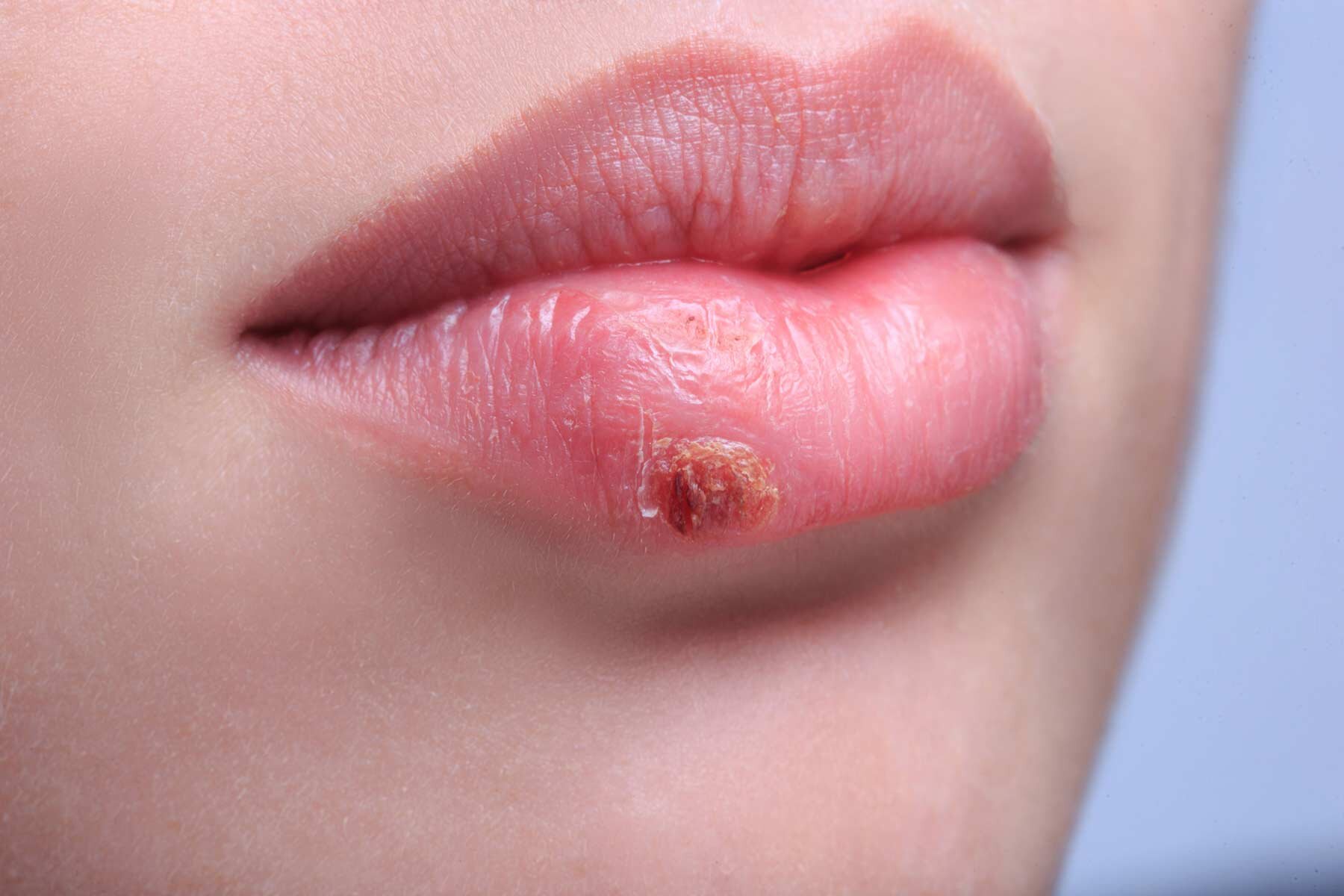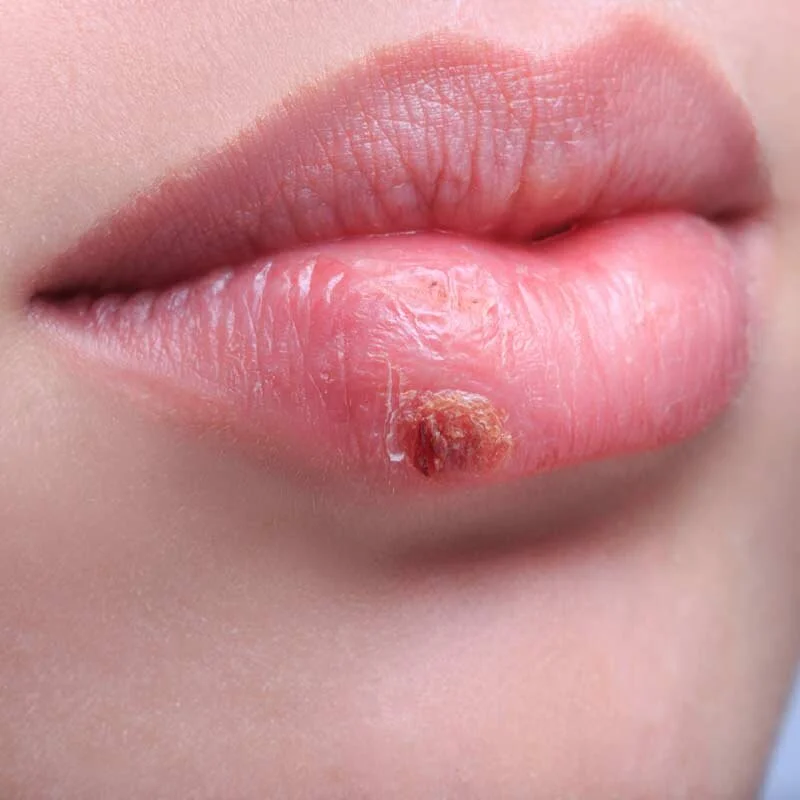
Cold Sores
Cold sores, also known as fever blisters, are small, fluid-filled blisters that commonly appear on the lips, nostrils, or chin. They are caused by the herpes simplex virus (HSV) and are highly contagious. Cold sores are not a serious health condition, but they can be painful and may take several days or weeks to heal.
There are two types of herpes simplex virus: HSV-1 and HSV-2. HSV-1 is most commonly associated with cold sores, while HSV-2 is most commonly associated with genital herpes. Both types of herpes simplex virus can cause cold sores, and either type can be transmitted through oral or genital contact.
Symptoms of cold sores may include small, fluid-filled blisters on the lips, nostrils, or chin, as well as redness, swelling, and tenderness in the affected area. Cold sores are often accompanied by a burning or tingling sensation before the blister appears. Cold sores are generally not itchy, but they can be painful and may make it difficult to eat or drink.
Cold sores are highly contagious and are easily spread through oral or genital contact. They can also be spread through the sharing of objects such as towels, utensils, and lip balm. Cold sores are most contagious when the blisters are open and fluid-filled, but they can still be transmitted when the blisters are in the healing stage.
Treatment for cold sores typically involves the use of over-the-counter (OTC) medications or prescription medications to help shorten the duration of the outbreak and reduce the severity of symptoms. OTC medications may include topical creams or ointments that contain ingredients such as docosanol or acyclovir. Prescription medications may include antiviral tablets or capsules that can be taken orally.
In addition to medication, there are several steps you can take to help manage cold sores:
Avoid touching or picking at the cold sores, as this can increase the risk of infection
Avoid sharing objects such as towels, utensils, and lip balm with others
Use a lip balm or cream with sun protection to help prevent cold sores triggered by sun exposure
Drink plenty of fluids to stay hydrated and support the healing process
Avoid close contact with others, especially those with compromised immune systems, until the cold sores are fully healed
By following these precautions and seeking treatment as needed, you can help to manage cold sores and reduce the risk of transmission to others. If you are concerned about cold sores or have any other changes in your skin, it is important to see a dermatology provider for evaluation and treatment.

